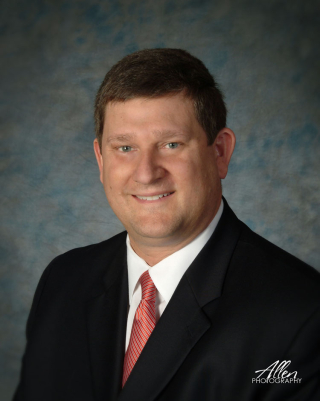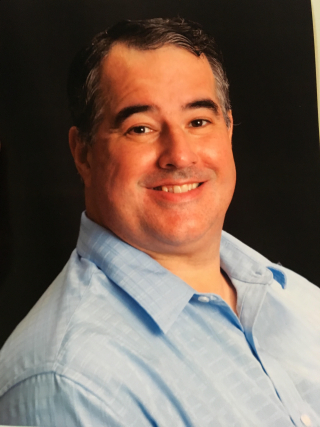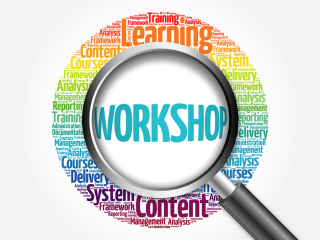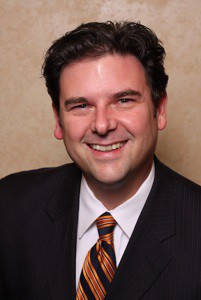Among the benefits that veterans may access through the U.S. Department of Veterans Affairs (VA) is life insurance. Considering the often-hazardous duty that veterans have encountered and survived, the VA’s life insurance programs are meant to offer a measure of financial security to the family for little or no cost. And proceeds from a life insurance policy on a veteran, no matter whether a VA policy or not, are not considered income by the VA, which can be a valuable benefit for a surviving spouse.
The various VA life insurance programs are listed below with the ubiquitous corresponding VA acronym.
- Service members’ Group Life Insurance (SGLI)
- Service members’ Group Life Insurance Traumatic Injury Protection (TSGLI)
- Family Service members' Group Life Insurance (FSGLI)
- Service members’ Group Life Insurance Disability Extension (SGLI-DE)
- Service-Disabled Veterans’ Insurance (S-DVI)
- Veterans’ Group Life Insurance (VGLI)
- Veterans’ Mortgage Life Insurance (VMLI)
 As the names suggest, not all of these life insurance programs are meant for veterans. The only ones that are available to veterans are the last three. The first four programs are applicable to active service members or their dependents. Specifically, Service members' Group Life Insurance is term life insurance coverage for eligible service members that extends until 120 days after separation from service. Coverage under SGLI is $3.50/month for increments of $50,000 up to a maximum death benefit of $400,000 at a maximum monthly premium of $28.
As the names suggest, not all of these life insurance programs are meant for veterans. The only ones that are available to veterans are the last three. The first four programs are applicable to active service members or their dependents. Specifically, Service members' Group Life Insurance is term life insurance coverage for eligible service members that extends until 120 days after separation from service. Coverage under SGLI is $3.50/month for increments of $50,000 up to a maximum death benefit of $400,000 at a maximum monthly premium of $28.
Apart from basic SGLI, there are three versions of SGLI for specific circumstances. For an additional $1 premium per month, Service members'’ Group Life Insurance Traumatic Injury Protection (TSGLI) provides for a benefit paid in life if the service member suffers a loss due to traumatic injury like amputation, blindness, and paraplegia. There is also SGLI for dependents called Family Service members' Group Life Insurance (FSGLI). And the Service members' Group Life Insurance Disability Extension (SGLI-DE) is an extension of coverage for up to two years if the service member is totally disabled at separation.
After eligible active service, only veterans, and not their dependents, have VA life insurance options: the Service-Disabled Veterans’ Insurance (S-DVI), Veterans’ Group Life Insurance (VGLI), and the Veterans’ Mortgage Life Insurance (VMLI). Veterans who receive a new service-connected disability rating have two years to apply for Service-Disabled Veterans’ Insurance (S-DVI). A “new” service-connected disability rating does not include an increase of a previously held rating, nor a rating of Individual Unemployability, which is a special rating under which the VA can pay 100% of full disability compensation to someone whose service-connected disabilities are not rated at that level. Basic coverage under S-DVI, which offers both term and permanent type plans, starts at $10,000, and supplemental coverage can be purchased up to $30,000. If the new service-connected disability began before the age of 65 and lasted six consecutive months, the premiums for the first $10,000 in S-DVI coverage are waived.
For any service member who was covered by a SGLI policy during active duty and does not want to lose that coverage beyond the given 120 days after separation, there is the option of converting SGLI to a Veterans’ Group Life Insurance (VGLI) policy or even to a commercial policy. VGLI is a term life insurance product that provides lifetime coverage as long as the premiums are paid. Coverage can be the same amount as the original SGLI policy or can be reduced by increments of $10,000. Once enrolled, you can increase coverage by $25,000 every five years up to a maximum coverage of $400,000
The final insurance program available to veterans is Veterans’ Mortgage Life Insurance (VMLI), which is specifically for severely disabled veterans who have received a VA Specially Adapted Housing (SAH) grant to help build, remodel, or purchase a home, have the title to the home, and have a mortgage on the home. There is also an application deadline of age 70. A VMLI policy provides coverage equal to the amount of the mortgage still owed, up to $200,000, and is payable only to the mortgage holder. It is a decreasing term life insurance that reduces as the mortgage balance declines.
There is a convenient tool called Overview of VA Insurance Benefits created by the VA that allows you to pick the insurance program and then get further guidance on specific program eligibility. If a service member is qualified for SGLI, he or she, along with their non-service-member spouse, is automatically enrolled. To qualify, the applicant has to be an active-duty member of the Army, Navy, Air Force, Marines, or Coast Guard; a commissioned member of the National Oceanic and Atmospheric Administration or the U.S. Public Health Service; a cadet or midshipman of the U.S. military academies or the Reserve Officers Training Corps (ROTC) engaged in authorized training and practice cruises; or certain reserve members.
Veterans, on the other hand, must complete applications for VA life insurance products. Complete and file form VA Form 29-4364 for Service-Disabled Veterans’ Insurance (S-DVI) or apply online at https://www.insurance.va.gov/portal/. Veterans’ Group Life Insurance (VGLI) requires completion of VA form SGLV 8714 or an online application at the Prudential website: https://giosgli.prudential.com/osgli/web/OSGLIMenu.html. Finally, one can only apply for Veterans’ Mortgage Life Insurance (VMLI) by completing VA form 29-8636.
If you would like to learn more about becoming a Lawyers With Purpose member consider joining us in the room the week of October 24th – October 28th in Houston for The Law Profit Summit and the Tri-Annual Practice Enhancement Retreat. We promise it WILL change your practice!
By Sabrina A. Scott, Paralegal, The Elder & Disability Law Firm of Victoria L. Collier, PC, and Director of VA Services for Lawyers with Purpose.
Victoria L. Collier, Veteran of the United States Air Force, 1989-1995 and United States Army Reserves, 2001-2004. Victoria is a Certified Elder Law Attorney through the National Elder Law Foundation, Author of “47 Secret Veterans Benefits for Seniors”; Author of “Paying for Long Term Care: Financial Help for Wartime Veterans: The VA Aid & Attendance Benefit”; Founder of The Elder & Disability Law Firm of Victoria L. Collier, PC; Co-Founder of Lawyers with Purpose; and Co-Founder of Veterans Advocate Group of America.
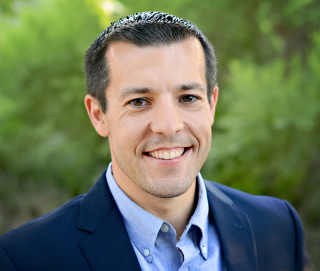 How Has Being Part of LWP Impacted Your Team & Your Practice?
How Has Being Part of LWP Impacted Your Team & Your Practice?

